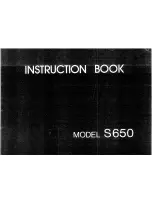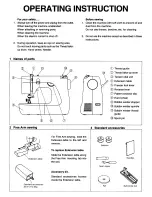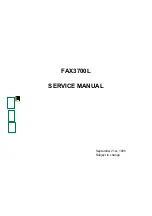Summary of Contents for Viking Amber Air S 400
Page 1: ......
Page 43: ......
Page 44: ...4710583 26D 2019 KSIN Luxembourg II S a r l All rights reserved ...
Page 1: ......
Page 43: ......
Page 44: ...4710583 26D 2019 KSIN Luxembourg II S a r l All rights reserved ...

















